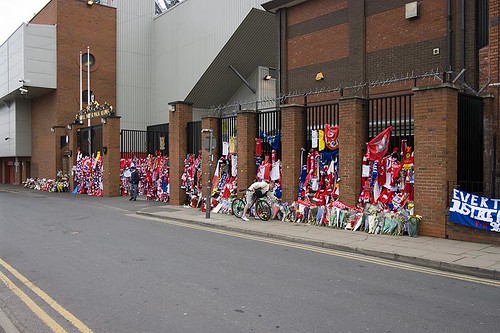
Thousands of official documents relating to the Hillsborough disaster will be published for the first time this week.
The papers, some of which had been covered by the 30-year rule, come from the files of 80 organisations including the Government, South Yorkshire Police, Sheffield City Council, the South Yorkshire coroner and the fire and ambulance services.
The families of the 96 football fans who died in Britain's deadliest sporting disaster will have the first access to more than 400,000 pages on Wednesday morning. Later that day a statement is expected to be made to MPs in the House of Commons.
A report explaining the contents of the documents will be published by the Hillsborough Independent Panel, which has been overseeing the release.
The 96 Liverpool supporters died in a crush at Sheffield Wednesday's Hillsborough stadium on April 15, 1989 where their team were to meet Nottingham Forest in an FA Cup semi-final.
A report into the disaster by Lord Justice Taylor, published in 1990, found that the main reason for the disaster was a failure of "police control".
The victims' families say it is an injustice that no individual or organisation has been held fully accountable for the disaster. They believe a Major Incident Plan was never initiated by South Yorkshire Police and fans in the Leppings Lane end were denied emergency medical attention.
The families also dispute the findings of a single inquest into all the deaths, which ruled the victims were all dead, or brain dead, by 3.15pm and subsequently recorded a verdict of accidental death.
Margaret Aspinall, chairwoman of the Hillsborough Families Support Group, who lost her 18-year-old son James in the disaster, said: "We want the legal system to acknowledge what happened beyond 3.15pm. They did all not die in an accident and it's absolutely ludicrous to suggest that."
The panel, chaired by the Bishop of Liverpool, the Rt Rev James Jones, was created by then home secretary Jacqui Smith following the 20th anniversary of the disaster in April 2009.
Mrs Aspinall, 65, from Huyton, Merseyside, says the inquest is just one of many issues they hope to resolve: "We just want to know what happened. Who helped our loved ones? Why were the medics not brought on to the pitch? Why were ambulances stopped?"
The Press Association, photo by Stephen Gardiner


































